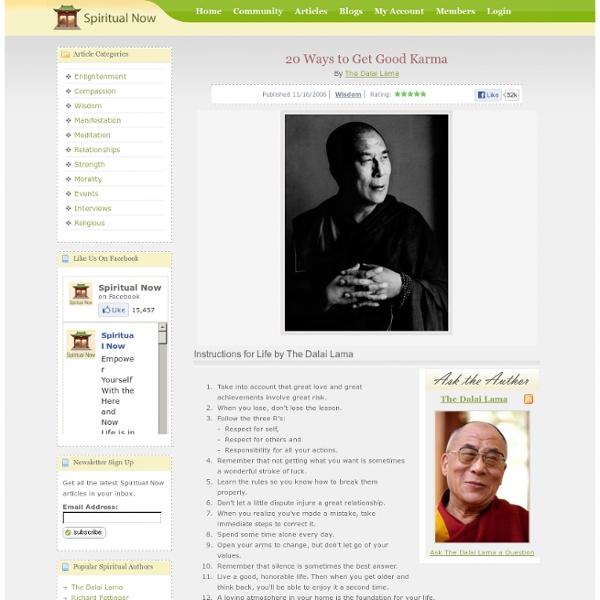



Green Tara and White Tara - Feminist Ideals in Buddhist Art Goddess Tara, a female Buddha and meditational deity, is arguably the most popular goddess in the Buddhist pantheon. She is considered to be the goddess of universal compassion who represents virtuous and enlightened activity. The word Tara itself is derived from the root 'tri' (to cross), hence the implied meaning:' the one who enables living beings to cross the Ocean of Existence and Suffering'. Her compassion for living beings, her desire to save them from suffering, is said to be even stronger than a mother's love for her children. The story of Tara's origin, according to the Tara Tantra, recounts that aeons ago she was born as a king's daughter. Another legend of Tara is that she was born from the compassionate tears of Avalokiteshvara (The Buddha of compassion): "Homage! ... The above verse refers to the legend of Tara's origin. In a historical sense, Tara is associated with the two pious and virtuous wives of Tibet's first great religious king, Songsten Gambo (d. 649). ... ...
Huahujing The Huahujing (formerly written Hua Hu Ching) (Chinese: 化胡經/化胡经; pinyin: Huàhújīng; Wade–Giles: Hua Hu Ching; literally: "Classic on Converting the Barbarians") is a Taoist book. The work is traditionally attributed to Laozi (formerly written Lao Tzu). Some scholars believe it is a forgery because there are no historical references to the text until the early 4th century CE. It has been suggested that the Taoist Wang Fu (王浮) may have originally compiled the Huahujing circa 300 CE.[1] Two unrelated versions are claimed to exist, one from oral tradition and the other a partial manuscript discovered in a cave in China. Destruction of copies[edit] Oral tradition[edit] The work is said to have survived in oral tradition. Hua-Ching Ni claimed to have derived his translation from the preservation of the Huahujing through oral tradition, having been handed down through generations of Taoist priests. Dunhuang manuscript[edit] References[edit] Notes[edit] Bibliography[edit] External links[edit]